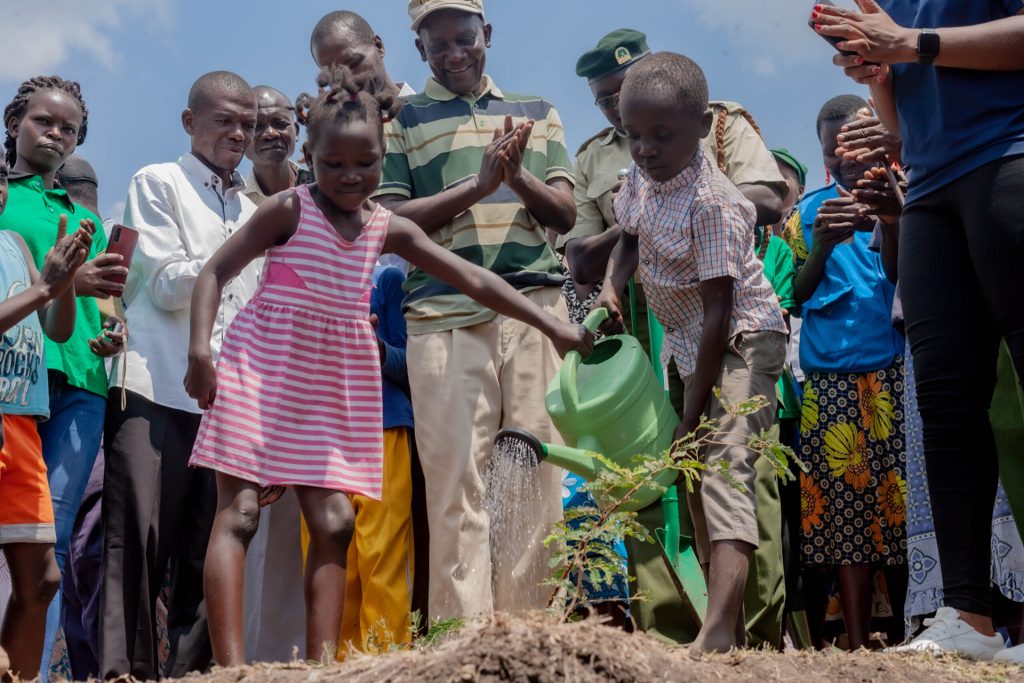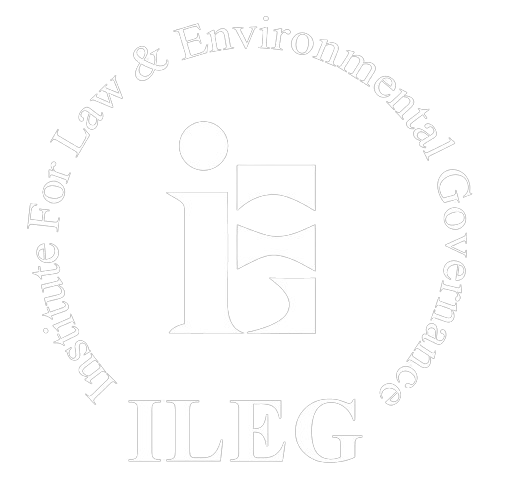Natural resources governance and local development planning provide critical entry points for fostering appropriate climate change responses, consequently improving governance and deepening democracy in Kenya. Indeed, Kenya has developed national sustainable development and global climate change adaptation and mitigation goals. These include the National Climate Change Response Strategy (NCCRS), the National Climate Change Action Plan (NCCAP) and the Intended Nationally Determined Contribution (INDC) submitted to United nations framework Convention on Climate change (UNFCC) in July 2015.
However, practical experience shows that counties are largely unable to systematically translate the national climate targets into local actions. Implementation on the ground is still sparse as the planning and coordination capacities and know-how in the Counties are insufficient to ensure effective cooperative planning, implementation and monitoring. This is the core focus of this project – to support systematic strengthening of county level planning, coordination and implementation of climate resilient low carbon development in Kenya.
The main objective of the project is to improve democracy and accountability in Kenya through systematic strengthening of county level planning, coordination and implementation of climate resilient low carbon development. The project is funded with UK aid from the British People, and has five main expected outputs:
- – Communities and county assemblies have strengthened capacities to participate in planning, implementation and oversight of climate resilient low carbon development.
- – Enhanced budget oversight and accountability for climate resilient low carbon development in project counties.
- – Women in project counties have strengthened capacities to adapt to climate change and engage in climate resilient development planning
- – County-wide community natural resource networks formed and strengthened for effective advocacy on environment and climate change.
- – Improved coverage and reporting of climate change issues in local media.
To achieve these outputs, the project has outlined a series of activities including trainings, development of a Climate Change Guide, radio civic education programme on climate change, policy dialogues, tracking of county governments allocation and expenditure on climate change projects, supporting women to pilot climate-smart development projects, and supporting local community advocacy networks.
Target group: Community-based organizations, civil society, county assemblies, women groups, local media and journalists, county-wide natural resource networks, and county governments. Final beneficiaries are local community members across the project counties, especially women, youth and minorities.
Duration: 4 Years – 2016-2019,
Location of the Action: Kwale, Kilifi and Siaya Counties



